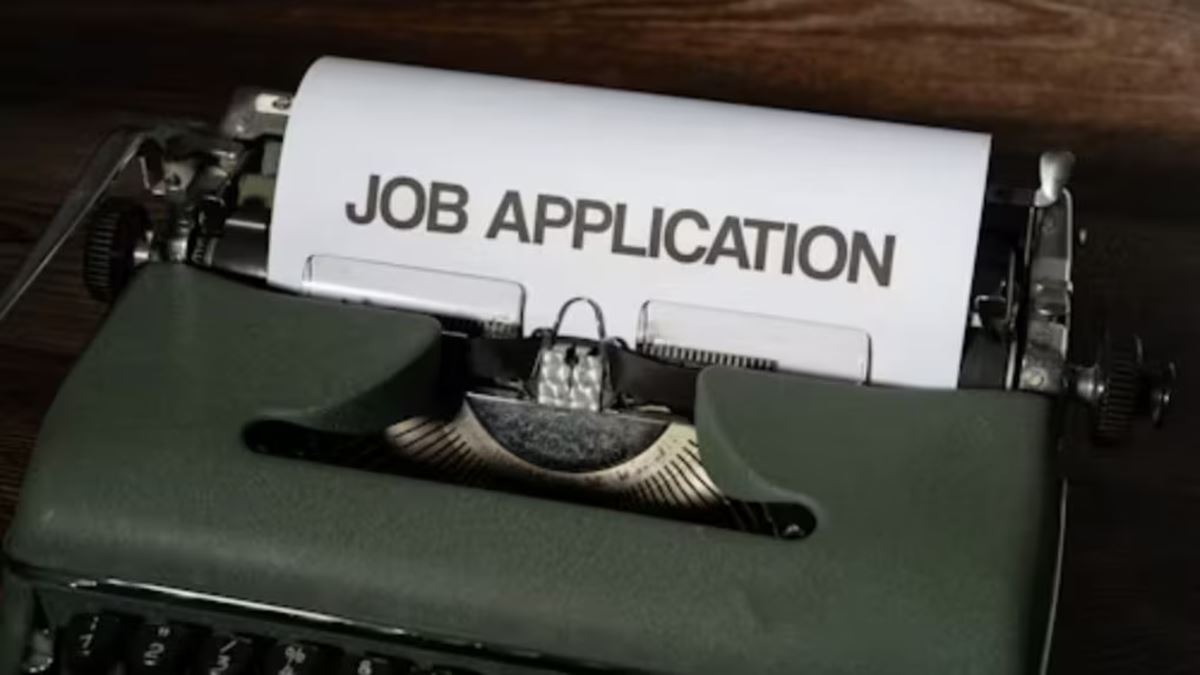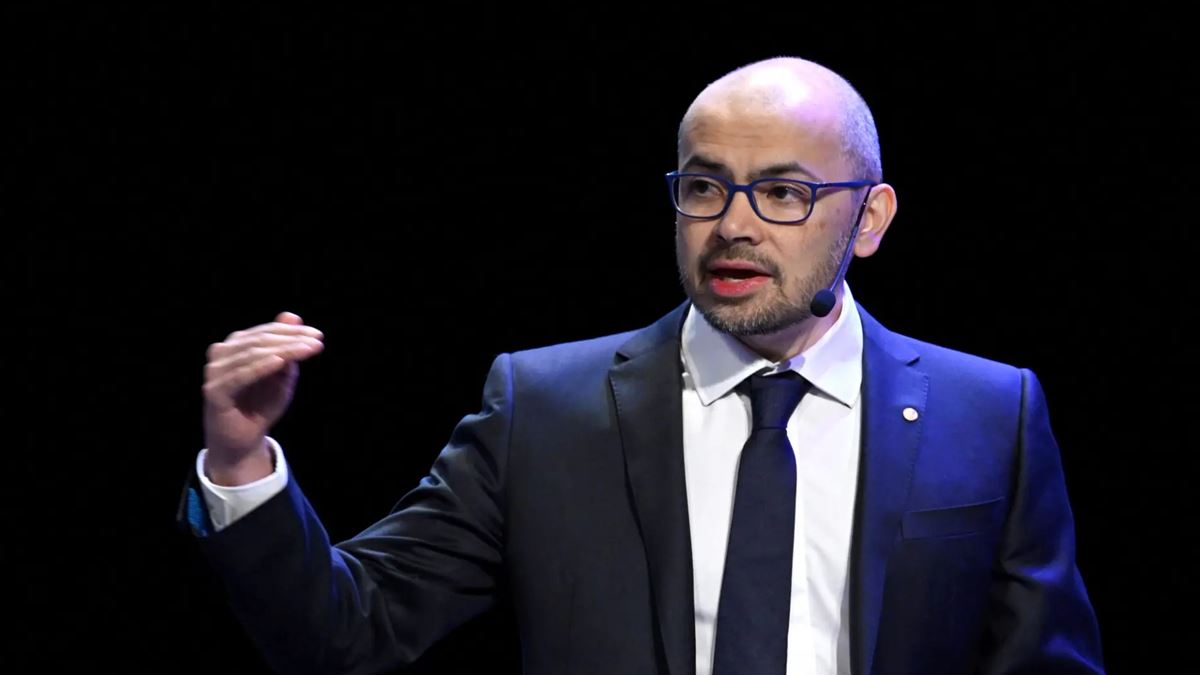According to the Coursera Global Skills Report 2025, only half of employees believe their industries are fully leveraging generative AI. This signals a pressing need for HR to step up, not just in building capability but also in shaping perception.
Harshavardhan Kundalkar, Chief People Officer at Daimler Truck Innovation Center India (DTICI), views AI as nothing short of the next human revolution.
“Just as the agricultural, industrial, and digital revolutions transformed humanity, AI is now driving a new era of change,” he says. While AI may be perceived as a threat to jobs or ethics, Kundalkar believes it presents a powerful opportunity to elevate human potential, with HR playing a pivotal role in guiding this transition.
“HR must lead the conversation on AI adoption by answering, ‘What’s in it for all of us?’ Through real-life examples, HR can show how AI augments human intelligence, enhances productivity, and improves decision-making,” he adds.
Kundalkar further underscores the need to build AI literacy, calling it as essential today as digital literacy was a decade ago. HR, he argues, must spearhead upskilling initiatives to prepare employees across all levels and functions. Moreover, he urges HR to act as futurists, envisioning roles that will define the future of work—such as prompt engineers, AI ethicists, and human-AI interaction designers. He also highlights the responsibility of HR in shaping ethical and inclusive AI policies, ensuring fairness, transparency, and trust.
“Above all, HR must remain the people champion—an empathetic anchor in the AI journey—ensuring that technology serves humanity, not the other way around,” Kundalkar notes.
Transforming HR Itself: From Administrator to Strategist
Echoing this view, Shweta Mohanty, Head of Human Resources at SAP India, emphasises the transformational impact of AI on the HR function itself. “In today’s fast-evolving business landscape, AI stands at the forefront of HR’s digital transformation,” says Mohanty.
She notes that the global market for AI in HR is projected to reach $14.08 billion by 2029, growing at a CAGR of 19.1%. While AI has the potential to streamline HR processes, improve employee experiences, and drive organisational efficiency, many still underestimate its strategic value, she warns.
“HR is no longer limited to automating administrative tasks. It is becoming a strategic business partner—transforming how organizations recruit, onboard, and engage talent.” To truly unlock AI’s benefits, Mohanty emphasises the need for clear communication and education, simplifying AI’s use and showcasing practical applications to demystify the technology. Building Capability and Managing Change For Mohanty, bridging the capability gap also requires targeted reskilling and upskilling strategies informed by workforce trends. Beyond technical capability, however, she calls for fostering a culture of adaptability and innovation.
Key change management actions include:
• Early employee involvement: Engage staff from the outset to build trust.
• Creating AI champions or digital ambassadors: Empower employees across business units to act as advocates.
• Supporting at-risk roles: Proactively manage transitions with upskilling, job redesign, and alternative career pathways.
“By prioritising these strategies, HR can embed AI as a transformative force, ensuring both the workforce and the organization are future-ready,” Mohanty concludes.
AI as a Native Mindset
At EPAM Systems, AI isn’t just an initiative — it’s embedded in how people work, grow, and lead. Through internal programs like ProductX and EngX, and platforms such as Telescope AI, the company has built a strong foundation of AI fluency. “With over 9,000 engineers trained in AI SDLC, we encourage our teams to go beyond AI-first thinking and adopt an AI-native mindset,” says Larry Solomon, SVP and Chief People Officer at EPAM Systems.
Solomon emphasises the role of the people team in integrating AI into client delivery, ensuring real-world applications translate into increased efficiency, faster time to market, and higher transformation value. “The people function is uniquely positioned to coach individuals through their AI journey—helping them understand where they stand, where they’re going, and how AI fits into their growth path.”
Solomon calls on HR to model the transformation by adopting AI in how they learn, lead, and measure performance. That, he believes, is the path to building an AI-ready workforce.
As AI continues to reshape work and workplace dynamics, HR leaders have a unique opportunity—and responsibility—to bridge the perception and capability divide. By championing education, designing future roles, and building inclusive, AI-literate cultures, HR can lead the charge into the next era of human potential.




















